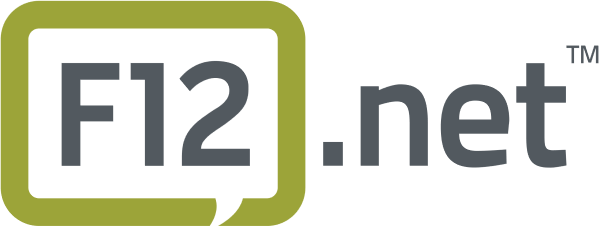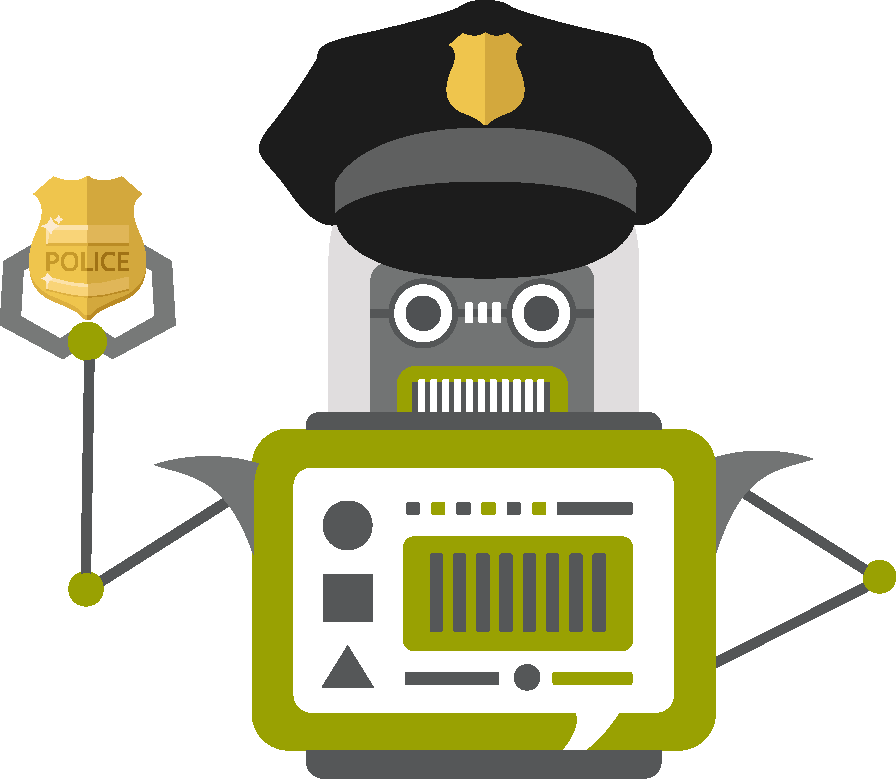F12 is a Managed Security Service Provider (MSSP) that enables you to eject risk and complexity with 24X7 protection through our managed cyber security services.
MSSPs offer a range of cybersecurity services, including but not limited to, 24/7 monitoring and management of security devices and systems, threat intelligence and analysis, incident response and forensics, vulnerability management and assessment, compliance management, and security consulting.
While traditional IT service providers focus on the overall IT infrastructure, offering support, maintenance, and management services, MSSPs specialize in cybersecurity services. Their focus is on protecting businesses from cyber threats and ensuring compliance with relevant regulations.
Businesses might choose to work with an MSSP for several reasons, including the need for specialized cybersecurity expertise, the ability to scale security needs quickly, cost-effectiveness compared to building an in-house team, and the need to comply with industry regulations and standards.
Yes, MSSPs can help businesses meet various compliance requirements by ensuring that their cybersecurity practices align with industry standards and regulations such as GDPR, HIPAA, PCI-DSS, and more. They can provide audits, reporting, and management services to maintain compliance.
MSSPs typically have dedicated teams for incident response that can quickly react to security breaches or incidents. They can provide forensic analysis, mitigate the damage, and help recover data and systems, often working around the clock to resolve issues.
Yes, MSSP services are often highly customizable to fit the specific security needs and budget of a business. Services can range from full outsourcing of cybersecurity operations to specific solutions like managed firewalls or intrusion detection systems.
An MSSP can complement your existing IT team by taking on the specialized task of managing cybersecurity threats, allowing your IT team to focus on core business operations and strategic projects. Collaboration and clear communication between the MSSP and your IT team are essential for success.
Key factors to consider when choosing an MSSP include their expertise and experience in your industry, the range and flexibility of their services, their ability to scale with your business, their reputation and customer reviews, and how they handle data privacy and compliance.
Pricing models for MSSP services can vary widely and may include monthly or annual subscription fees, pay-per-use fees, or a combination of both. Pricing often depends on the scope of services, the size of the business, and specific security needs.
Transitioning to an MSSP involves assessing your current cybersecurity posture, identifying gaps and needs, selecting an MSSP that aligns with your requirements, and then working closely with them to integrate their services into your operations. A thorough onboarding process, clear communication, and setting expectations are key to a successful transition.



